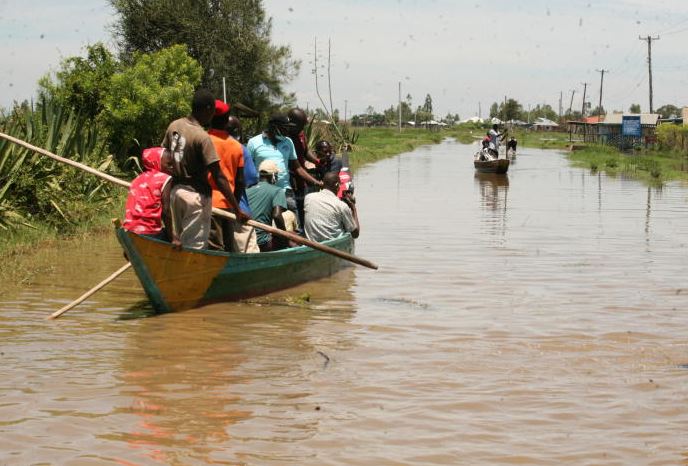×
The Standard e-Paper
Kenya’s Boldest Voice

Until November last year, residents of Kabonyo in Nyando, Kisumu County, did not recognise the boundaries between the Kadhiambo and Nduru clans.
That was until Mother Nature struck. Now, the swelling and backflow from Lake Victoria have cut right through the middle of the two clans.